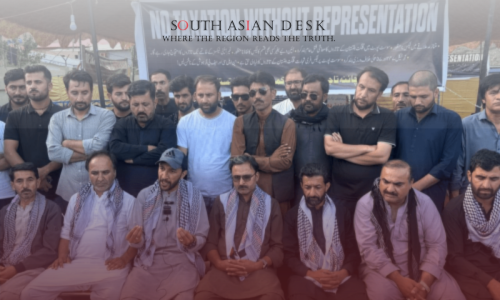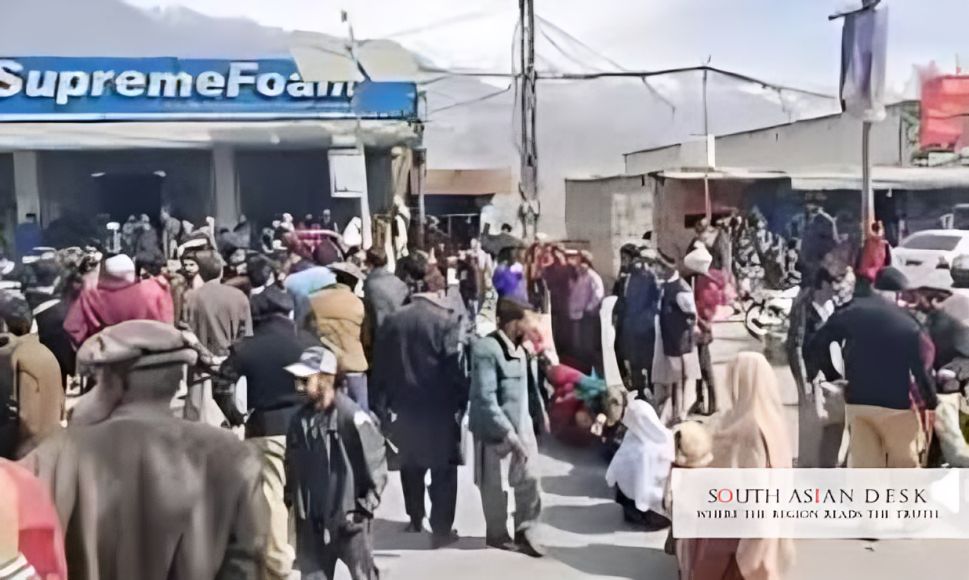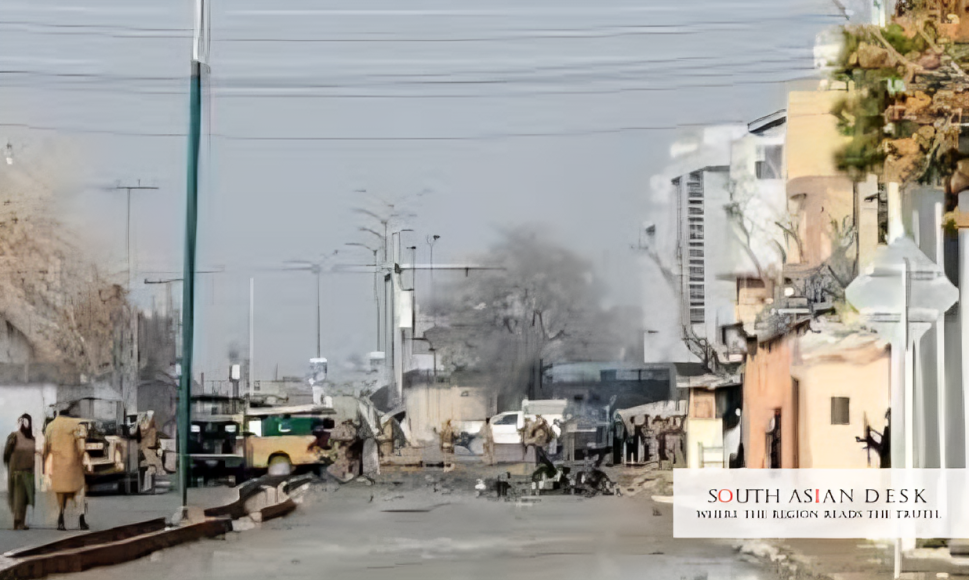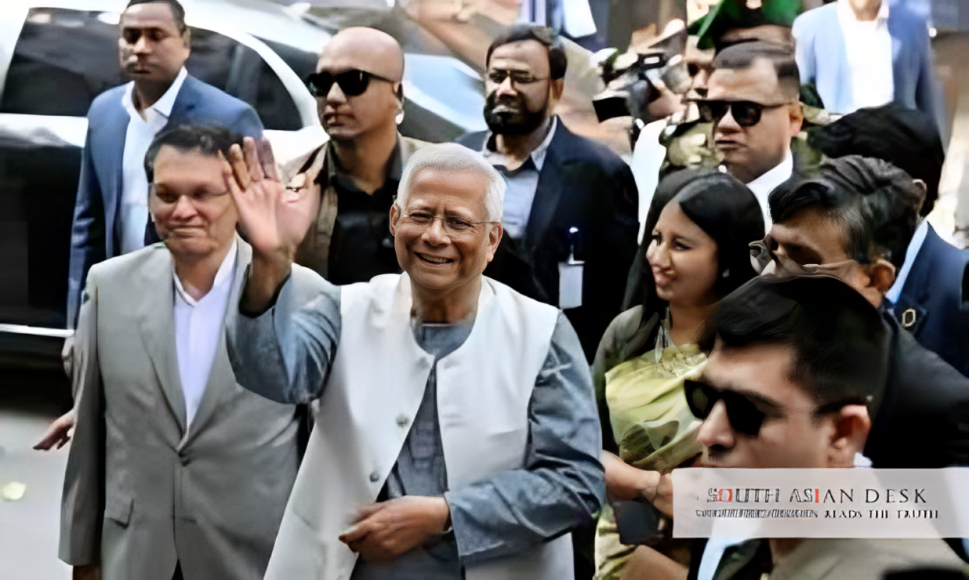In the rugged expanse of Gilgit Baltistan, where towering peaks frame the daily struggles of communities reliant on cross-border trade, the Gilgit Baltistan Traders Protest has now stretched into its fourth week, leaving families in anguish over halted livelihoods and uncertain futures. This demonstration, centred at Sost on the vital Karakoram Highway, has brought trade with China to a standstill, echoing the deep frustrations of locals who feel overlooked in the face of federal policies.
Protesters, united under banners of trade associations and backed by political, religious, and opposition figures, have maintained their vigil for 22 days, demanding exemptions from income tax, sales tax, and other federal levies on goods imported via the Khunjerab Pass. They also seek the immediate customs clearance of 280 consignments languishing at the Sost Dry Port for more than a year, under a proposed one-time amnesty. For these traders, whose lives revolve around the ebb and flow of border commerce, the impasse represents not just economic loss but a profound sense of injustice, with goods worth billions rotting or expiring under the elements.
Gilgit Baltistan Traders Protest Importance
The blockade has severed the artery of exchange between Pakistan and China, suspending immigration and customs operations, and stranding travellers, including Chinese nationals eager to return home. Reports indicate that these visitors, caught in the crossfire, have expressed their dismay by temporarily obstructing the highway with belongings and barriers, amplifying the chaos and highlighting the human toll on both sides of the border. Local voices, including those from community leaders, lament the deprivation of rights that has persisted for decades, with slogans like “No taxation without representation” resonating through the crowds, a cry that tugs at the heartstrings of residents denied a voice in national forums.
The Role of Government
Amid the mounting hardship, where entire households face dwindling supplies and mounting debts, the federal government has stepped in with a high-level committee chaired by the prime minister, including regional officials and party representatives, set to convene today to deliberate on solutions. An earlier regional panel met with demonstrators to gather inputs, fostering a glimmer of hope that dialogue might break the deadlock. Yet, as the sun sets on another day of protest, the resolve of the traders remains unbroken, their determination a testament to the resilience born from years of marginalisation.
Communities along the highway, from traders to transporters and families dependent on the flow of goods, bear the brunt of this disruption. Expired perishables and weather-damaged cargo symbolise lost opportunities, while the broader economy in Gilgit Baltistan grapples with isolation, prompting urgent calls for fair treatment that honours the region’s unique status. The emotional strain is evident in the faces of protesters, who speak of safeguarding their economic lifelines against policies perceived as eroding their sustenance.
The GB is Seeking a Solution
As negotiations unfold, the people of Gilgit Baltistan hold their breath, yearning for a resolution that restores movement and dignity to their daily lives. The Gilgit Baltistan Traders Protest, now a symbol of enduring spirit, underscores the need for empathy in governance, where every blocked path affects hearts and homes across the heights.
Published in SouthAsianDesk, August 11th, 2025
Follow SouthAsianDesk on X, Instagram, and Facebook for insights on business and current affairs from across South Asia.






